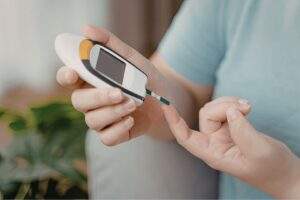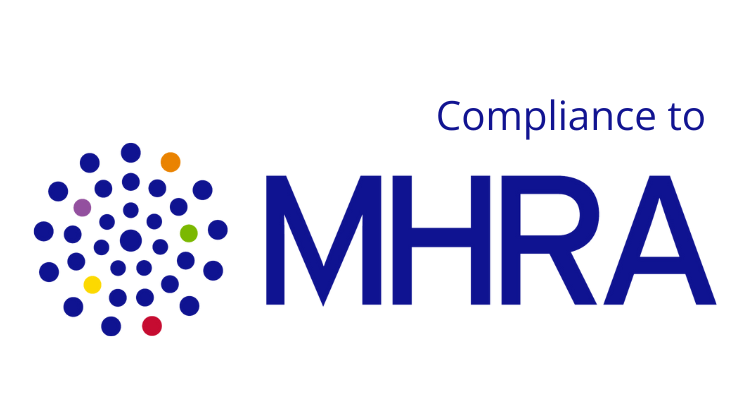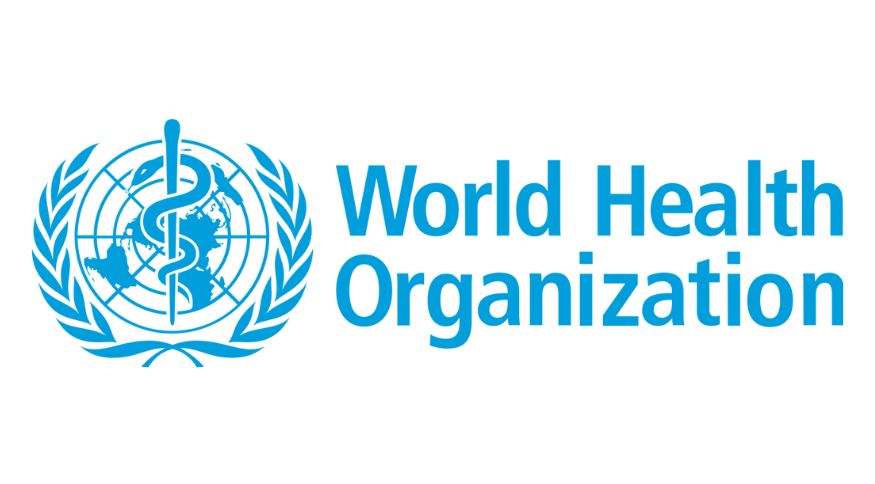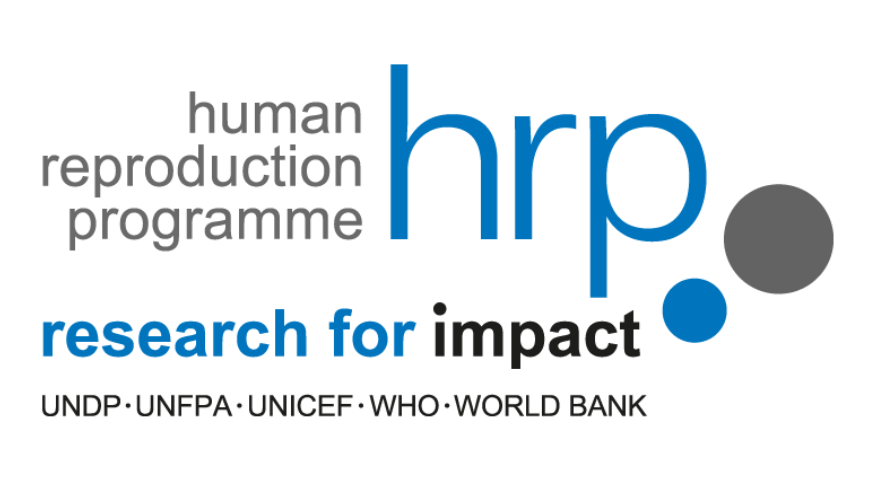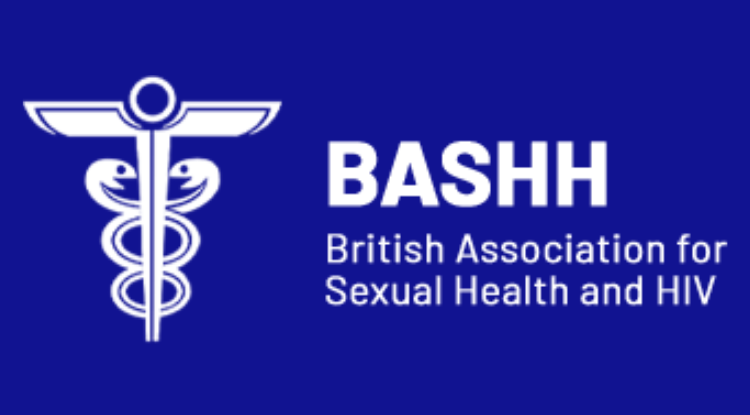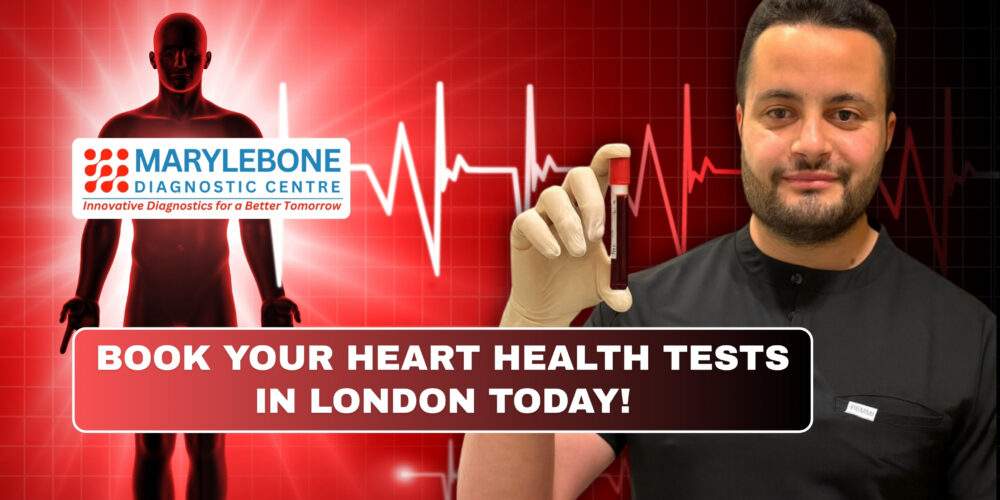
Chest Tightness in London – When You Need a Heart Test
Reviewed by Dr Lauren Holland • Marylebone Diagnostic Centre
Results within 24 – 42 hours. Westminster residents receive 20% off.
Chest tightness is one of the most worrying symptoms a person can experience. Many Londoners describe a heavy feeling, pressure, squeezing sensation or sudden discomfort around the chest, especially during stress, exercise or busy commutes. Although chest tightness can be caused by anxiety, muscle tension or acid reflux, it may also signal issues with heart strain, blood pressure, oxygen levels or circulation.
Clinically, we see many patients who experience chest tightness on the tube, while walking quickly, or during stressful workdays. A private heart assessment can give fast clarity and reduce uncertainty. This guide explains the common causes of chest tightness, when it is serious, and which tests at Marylebone Diagnostic Centre help identify early heart problems.
What Causes Chest Tightness?
Chest tightness has many potential causes. These include:
Heart-related causes
- Heart strain
- High blood pressure
- Early heart failure
- Reduced oxygen delivery
- Arrhythmia
Non-heart causes
- Acid reflux
- Anxiety
- Muscle tension
- Asthma
- Viral infection
- Dehydration
Understanding the pattern of symptoms helps determine the cause.
Why Am I Feeling Tightness in My Chest?
People often ask:
“Why does my chest feel heavy?”
This can occur when the heart works harder than usual, or when breathing becomes shallow due to stress or tension.
“Why do I feel pressure when walking or climbing stairs?”
This may relate to blood pressure, circulation, or early signs of heart strain.
“How do I know if chest tightness is stress or heart-related?”
If symptoms occur at rest, during sleep, or repeatedly with exertion, you should consider testing.
When Is Chest Tightness Serious?
Seek urgent attention if you have:
- Chest pressure lasting more than a few minutes
- Pain spreading to the arm, jaw or back
- Breathlessness
- Sudden dizziness
- Palpitations
- Sweating or nausea
- Difficulty speaking or confusion
Do not ignore chest symptoms that return frequently or appear during activity.
Risk Factors for Heart-Related Chest Tightness
You are more likely to experience heart strain if you:
- Have high blood pressure
- Have a family history of heart disease
- Are stressed or sleep poorly
- Smoke or drink heavily
- Are over 40
- Have obesity
- Have diabetes
- Have high cholesterol
- Are physically inactive
London lifestyle patterns, long commutes and high stress often increase these risks.
Types of Chest Tightness
Chest tightness usually presents in three ways:
- Pressure or heaviness – common with heart-related causes
- Sharp pain – more often muscular or respiratory
- Burning – often reflux-related
Blood testing helps identify when the heart is involved.
Blood Tests That Reveal Heart Stress or Circulation Problems
At Marylebone Diagnostic Centre, the following tests are commonly used for chest symptoms.
Cardiac Profile (MLCP2)
This is MDC’s premium early heart detection panel.
Includes:
- NT-proBNP (heart strain marker)
- Cholesterol markers
- CRP (inflammation)
- Full Blood Count
- Kidney & liver function
Suitable for:
- Chest tightness
- Breathlessness
- Fatigue with exertion
- Swelling of ankles
- New palpitations
NT-proBNP (Heart Strain Marker)
This test detects pressure changes inside the heart.
Consider this test if you have:
- Breathlessness
- Chest heaviness
- Fatigue
- Trouble climbing stairs
- Dizziness after walking
NT-proBNP is one of the most valuable markers for early heart problems.
Cholesterol and Lipid Panel
High cholesterol narrows arteries, reducing blood flow and causing tightness.
HbA1c (Diabetes Marker)
Blood sugar instability can cause fatigue, slow circulation and chest symptoms.
Thyroid Panel
An overactive or underactive thyroid affects heart rate, blood pressure and breathing.
Full Blood Count (FBC)
Rules out anaemia, which causes chest pressure, weakness and breathlessness.
Electrolytes (Sodium, Potassium, Magnesium)
Electrolyte imbalance affects heart rhythm and muscle function.
ECG (Electrocardiogram)
Helpful if chest tightness is paired with palpitations.
MDC offers on-site ECG testing for rapid assessment.
MDC Profiles Recommended for Chest Tightness
Marylebone Diagnostic Centre offers targeted profiles that detect heart-related causes.
Cardiac Profile (MLCP2)
Best for:
- Chest tightness
- Breathlessness
- Fatigue on exertion
- Palpitations
- Dizziness
- Swelling
This profile includes NT-proBNP, one of the strongest early markers for heart strain.
Cholesterol Profile
Useful for artery health and long-term risk.
Thyroid Profile
Important when symptoms include palpitations or breathlessness.
Wellness Profile
Good starting point if symptoms are unclear.
ECG
Adds clarity for rhythm-related symptoms.
Table: Chest Symptoms and the Right Tests
| Symptom | Possible Cause | Recommended Test |
| Chest pressure on walking | Heart strain | MLCP2, NT-proBNP |
| Chest tightness + breathlessness | Heart failure risk | NT-proBNP, ECG |
| Chest tightness + dizziness | Low haemoglobin | FBC, Ferritin |
| Chest tightness + fatigue | Thyroid imbalance | Thyroid Panel |
| Heavy chest after eating | Reflux | GP/clinic assessment |
| Chest tightness + swelling | Circulation issue | MLCP2 |
Clinical Insight
“In London, many chest symptoms are dismissed as stress. However, early heart testing often gives clarity and reassurance. NT-proBNP is one of the most useful markers for identifying strain early.”
– Dr Lauren Holland
FAQs (People Also Ask)
Book Your Heart Health Tests at Marylebone Diagnostic Centre
Marylebone Diagnostic Centre
73 Baker Street, London W1U 6RD
Tel: +44 7495 970109 • Open Monday–Saturday, 08:00–16:00
Fast, private and confidential heart testing with results in 24–42 hours.
Westminster residents receive 20% off.
Quick Links
- Cardiac Profile (MLCP2)
- HbA1c Test
- Full Lipid Panel
- Fatigue and Energy Profile
- Kidney Function Test
- Electrolytes Test
- Liver Function Test
- Thyroid Function Test
- Magnesium Test
- Full Blood Count
- Urinalysis
- Book an Appointment
- ECG Testing
- Wellness Profile



